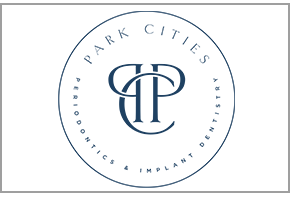 Complex dental treatment, such as interventions to address gum disease, can be intimidating to patients who may already be anxious about getting dental care. These patients may be reluctant to consult with a specialist like a periodontist who can preserve their oral health.
Complex dental treatment, such as interventions to address gum disease, can be intimidating to patients who may already be anxious about getting dental care. These patients may be reluctant to consult with a specialist like a periodontist who can preserve their oral health.
Fortunately, such patients don’t have to forego important and necessary treatment. Sedation dentistry can make any dental treatment a relaxing and calming experience, whether you’re skittish in advance of your treatment or facing a time-consuming intervention.
Types of Patients Who Benefit from Sedation Dentistry
A variety of patients who are working with a periodontist can benefit from sedation dentistry. Patients with dental phobia do well with sedation to relax them enough to tolerate important dental treatments, such as root scaling and planing for periodontitis.
Fearful patients aren’t the only ones who should consider sedation options, though. Patients who will be receiving more complex or invasive treatments, such as placement of dental implants, also can take advantage of sedation, which helps them tolerate longer treatment sessions.
Sedation Options
Different types of sedation are appropriate for different treatments. For example, non-surgical gum treatments can be performed on patients under light sedation, while patients may want to reach a deeper stage of relaxation when having dental implants placed.
It’s important to note that our practice uses conscious sedation options so that the patient remains awake – although deeply relaxed – and able to respond to our commands throughout the appointment. This is safer than general anesthesia, which renders the patient unconscious.
To meet a variety of patient needs, our practice offers two types of sedation:
- Nitrous oxide – inhaled gaseous substance that takes effect immediately when administered in our office.
- Oral conscious sedation – anti-anxiety medication taken prior to the appointment so that patients are deeply relaxed when they arrive at our office.
Your periodontist will review the options with you and recommend the one that best meets your needs.
Considerations for Sedation Dentistry
Depending on the type of sedation that will be used in your case, you may need to prepare for the appointment in advance. Oral conscious sedation requires you to have a prescription filled and to take the pill prior to the appointment so that it has enough time to take effect.
As such, patients who receive oral conscious sedation must arrange for a responsible adult to bring them to the appointment and take them home afterward.
Do you have concerns about your ability to tolerate recommended treatment for gum disease? Sedation dentistry may help. Be sure to ask about this option at your consultation.






